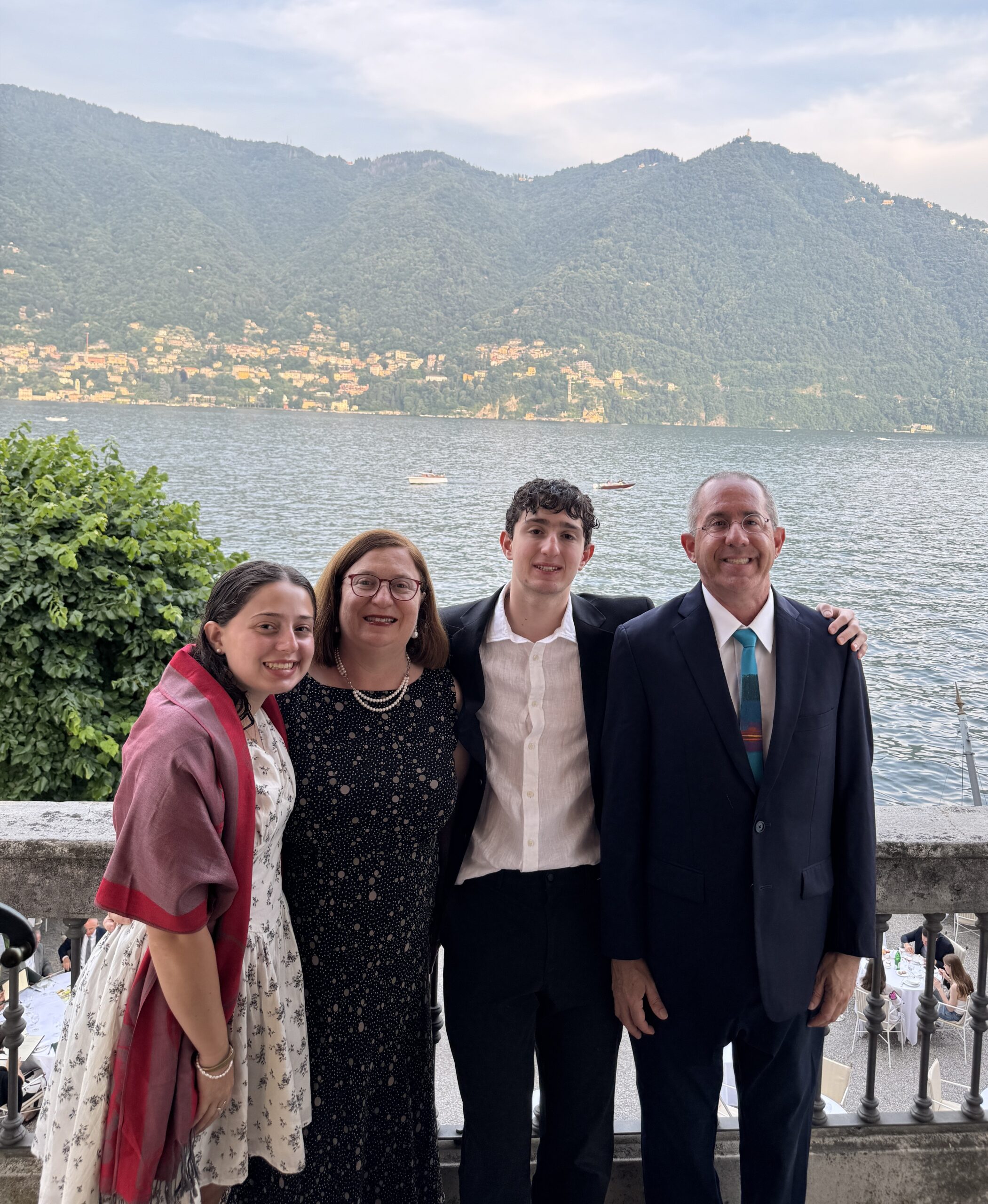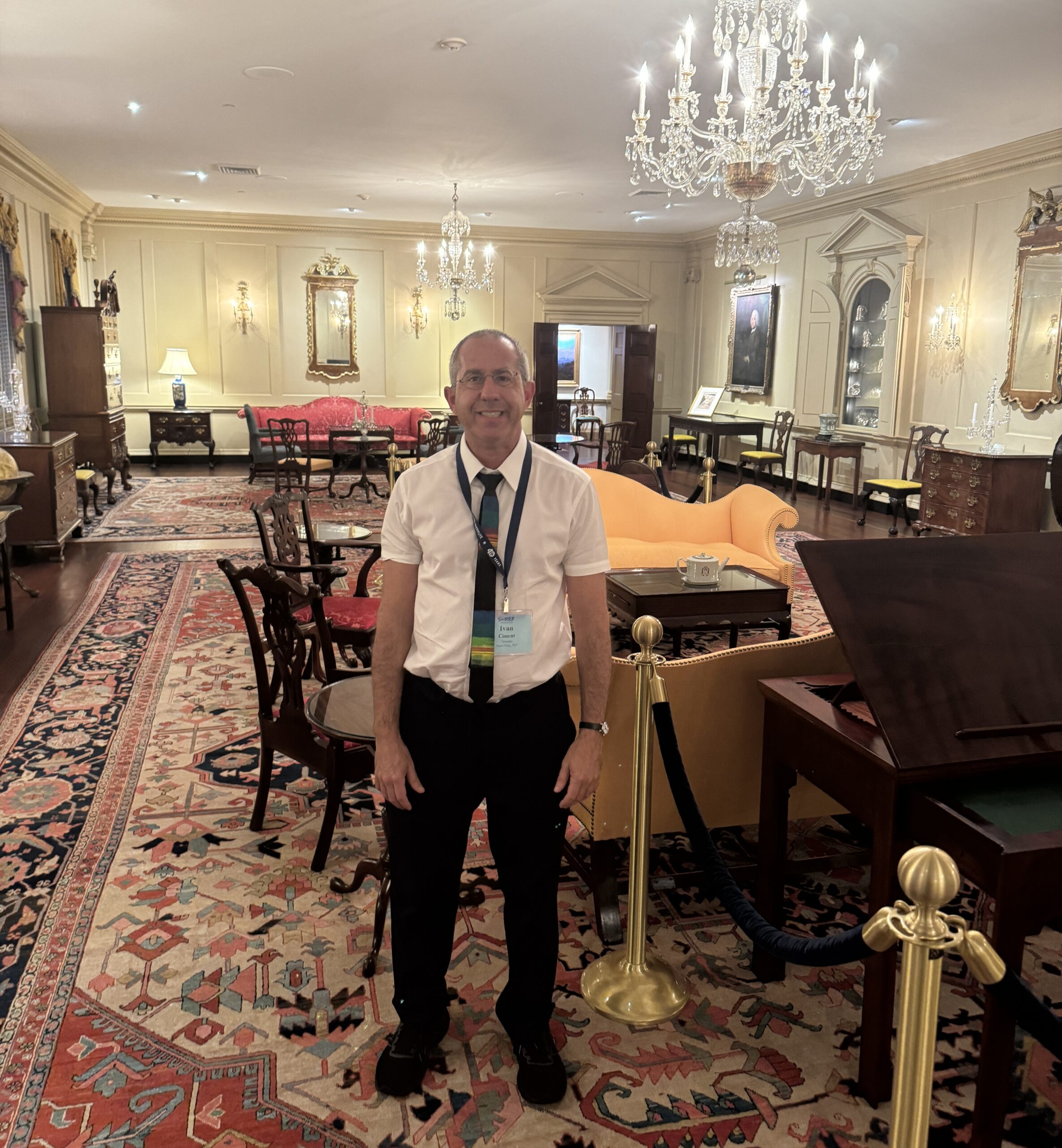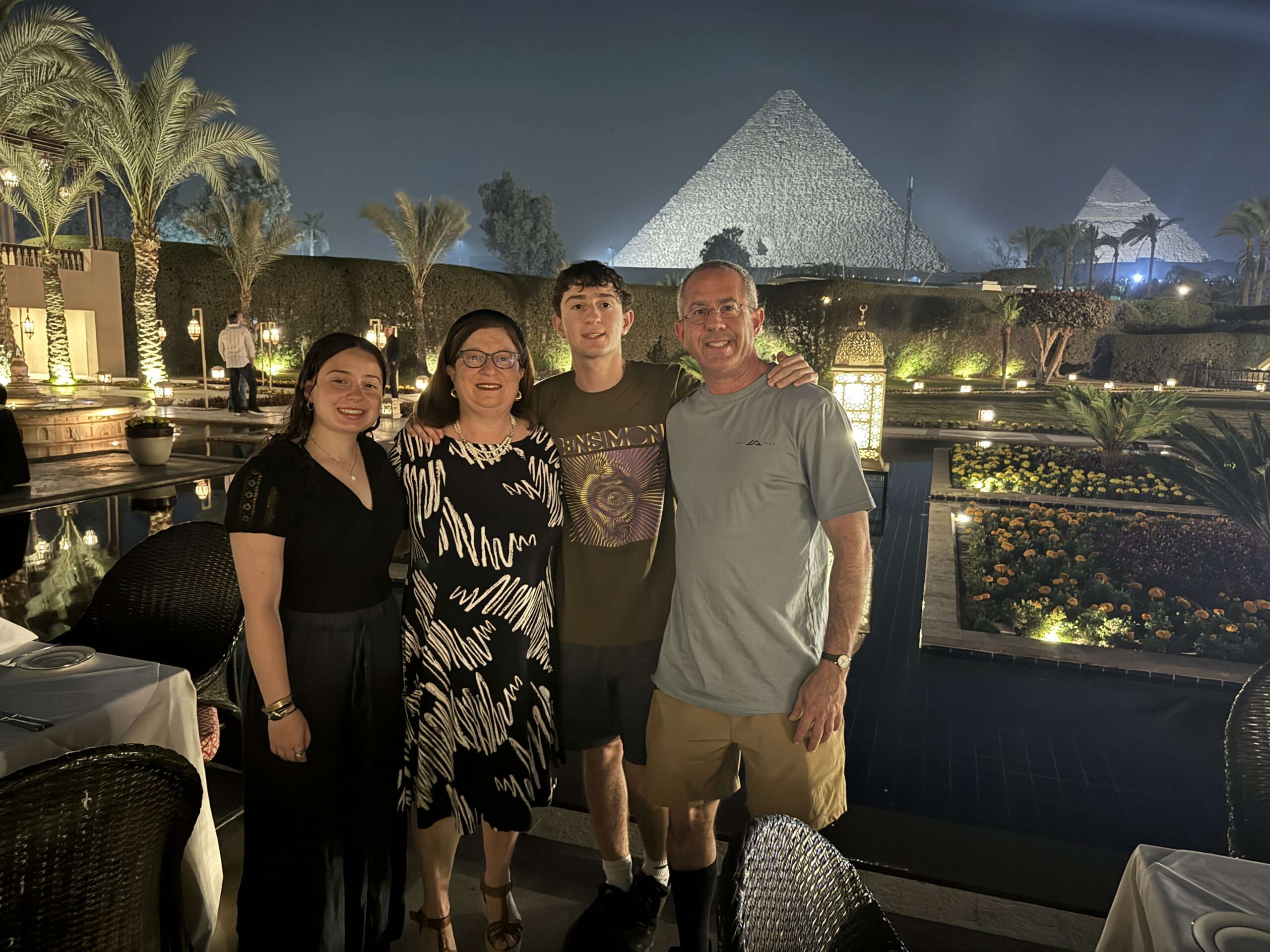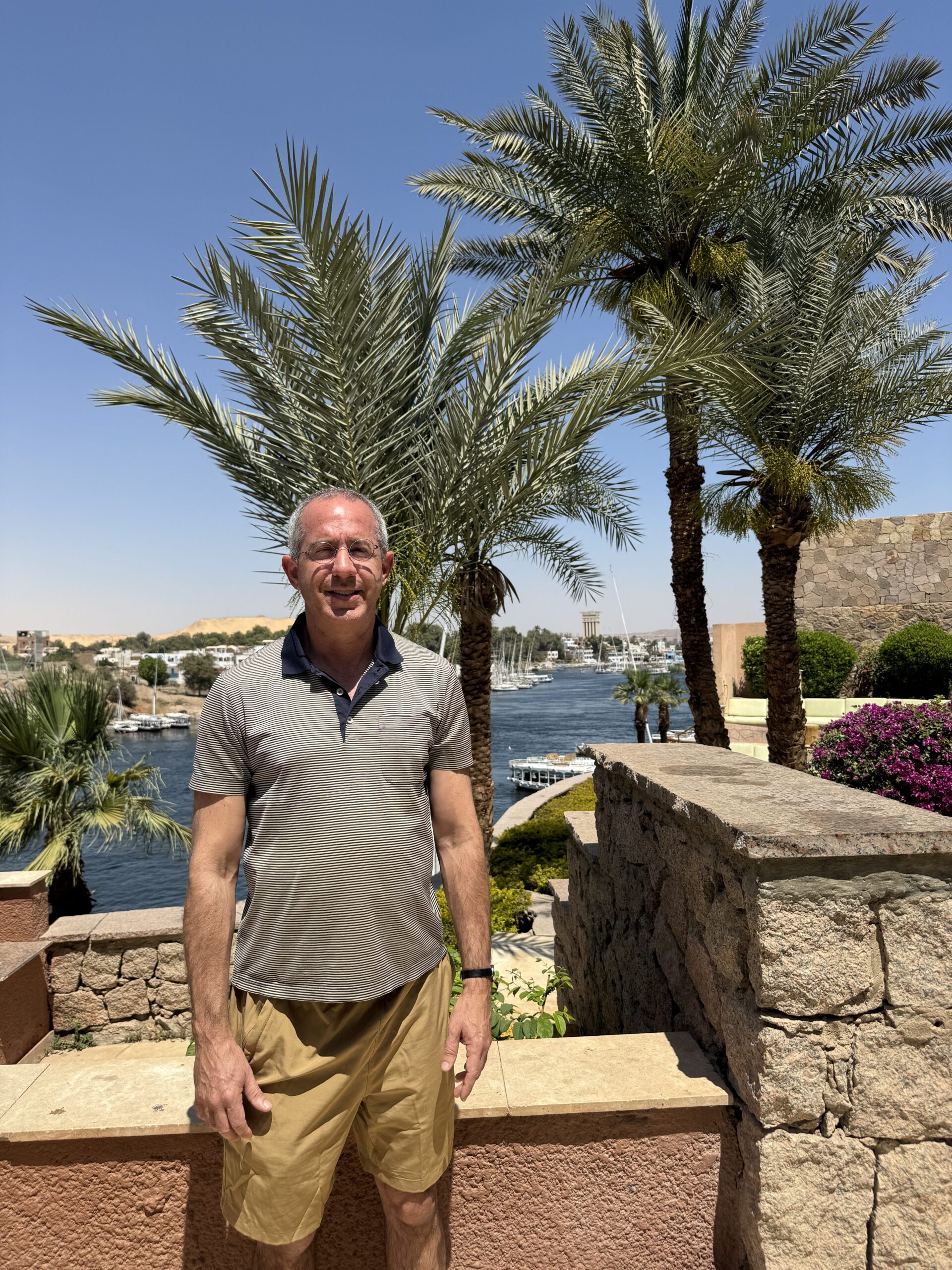Iran is probably one of the most dynamic societies on earth today. Sure it has lots of rules and regulations (particularly for women), but firsthand observers tell me that it is more stifling to live in Pakistan or Saudi Arabia than in Iran. It is a relatively open and politically vibrant society and its government cares what the people think. Its Ayatollah (Khameini) and President (Khatami) need each other and are essentially backing each other as the country goes through gradual change. The majority of the country wants change, but various sectors want it at different paces. Most of the country remains conservative and positively disposed to Islam, even entangled with the state to some degree. Separation of church and state is a western idea that is not fully accepted in the Middle East among ordinary people.
Khatami is himself a person of the clergy and has no desire to trash the country’s clergy and its status in society. Khameini essentially arranged for Khatami to run for president when it was obvious that the more conservative candidates wouldn’t win. Khameini realizes there must be change but the goal is for the leaders of the country to stay in power and ride the tiger.
The ying and yang: Recently, the main student rioters’ demand was met — someone at the senior level who was viewed as the cause of the riots in the first place was moved out of his position and someone more moderate put in his place. On the other hand, the February 2000 elections to the parliament have been fixed with more conservative people appointed to the committees that must approve of the credentials of anyone running for office in that election. It will be important to see (a) the results of the elections and (b) how they are accepted within the country. Will the students riot next spring and will it matter? There is a feeling that the student riots this past summer was an important event in the 20 years since the revolution and that it reflects the sense that things in the country will ultimately have to change. It should be recognized though that the government was not surprised by these riots and has done a rather good job of monitoring and dealing with the student situation over the long haul.
In my opinion, it would be unproductive for outsiders to openly support the students or other opposition groups or to issue strong statements concerning the internal affairs of Iran. Iran will change of its own accord as it has over its history; its government is sensitive to the currents of public opinion and it is not clear that public opinion is decisive on the critical issues facing the country. My general feeling is that the leaders of the country are rational and will not take overtly hostile acts against third parties. Iraq, not Iran, started the war between the two countries. Iran’s overrated nuclear program is probably more interested in Iraq than in Israel (and the knowledge that the Saudis are likely getting or have the bomb via Pakistan) and there is no reason to believe that Iran has sufficient interest in the Arab-Israeli conflict that it would do anything that would result in nuclear retaliation by Israel or the death of thousands of Palestinians at the same time it struck Israel. It is one thing to fund low-intensity troublemakers such as Hamas and Hizbullah for strategic plays; yet another thing to lob intercontinental missiles over the region. The leakage of nuclear technology from Russia and the Islamic republics is unstoppable and it is probably best that Barak is simply causing Israel to stop complaining about it and that Iran is being downgraded as an Enemy to Israel, a position that as an non-Arab country with its own rich Jewish history, it ought not occupy.
The hostility between the USA and Iran (and Israel by extension) is a historical anomaly which should be repaired; at the least, US policy is waking up to the subtle idea that Iraq and Iran are not equivalent. The people of Iran are telling its leaders that they want normalization of ties with the US; the leaders of Iran see the disappearance of such “satanic” menaces and the opening of open ties as a threat to their hold over the society (interestingly, it’s not the freedom of information they fear; Iran already is an open debating society with a lively press that has never ceased to function). No doubt that normalization of ties between the US and Cuba would lead to Castro’s ouster faster and that the US as bogeyman has kept him in power these 40 years.
The goal is to find the happy medium — a way to normalize ties in a way that doesn’t make the country’s leadership feel threatened, and to allow for the normal course of events to take their course over the next 5-10 years. The course is probably to focus on the development of commercial and social relations without making a big deal over the country’s weapons programs or its stand on the middle east peace process. The bigger fuss we make out of these issues publicly is likely to drive the Iranians to take more public steps to insist on those issues to compensate for any perceived loss of bogeyman status we held. This is not a policy of appeasement but rather a policy of permitting Iran to go to the next level of its development — removing the bogeyman so that the public can feel itself free to force change within Iranian society — a change that is likely to make the region as a whole more compatible with US interests over the long term.





